NRSG 126: MENTAL HEALTH NURSING
Builds upon previous knowledge of mental health concepts to provide an understanding of mental health disorders. Explores the role of the Associate Degree Nurse while using the nursing process to provide the framework for problem solving and critical thinking in providing nursing care in the mental health settings. Explores the ordered plan of care for mental health disorders. Identifies the nurse's accountability for the legal and ethical issues inherent in mental health nursing.
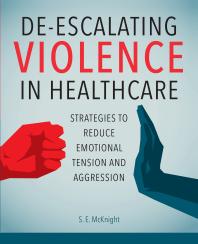
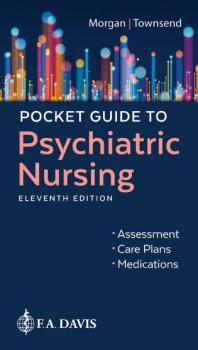
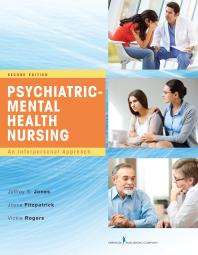
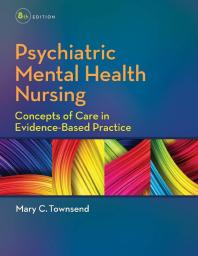
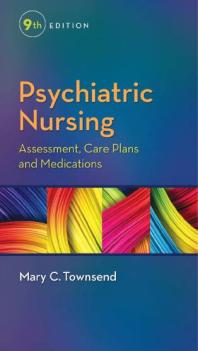
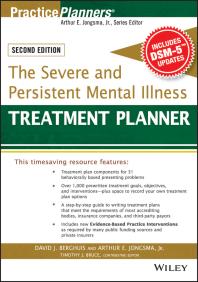
Addiction/Substance Abuse
The Gale Encyclopedia of Public Health
Internet Addiction
Eating disorders
Encyclopedia of Feeding and Eating Disorders
The Gale Encyclopedia of Public Health
Pocket Guide for the Assessment and Treatment of Eating Disorders
Somatic symptoms illness
ADHD
ADHD
ADHD in Preschool Children: Assessment and Treatment
Essentials of ADHD Assessment for Children and Adolescents
Autism
The Gale Encyclopedia of Public Health
Communication Disabilities Sourcebook
Assessment of Autism Spectrum Disorder
ABC of Autism
Autism Spectrum Disorders
Encopresis
Enuresis
Conduct Disorder
Oppositional Defiant Disorder and Conduct Disorder in Childhood
Intermittent Explosive Disorder
Aggression: Clinical Features and Treatment Across the Diagnostic Spectrum
Oppositional Defiant Disorder
Oppositional Defiant Disorder and Conduct Disorder in Childhood
Cognitive Disorders
Aging Sourcebook
Alzheimer's Disease
Alzheimer's Disease: Pathological and Clinical Findings
Non-Alzheimer's and Atypical Dementia
Mayo Clinic on Alzheimer's Disease and Other Dementias
Delirium
Aging Sourcebook
The following books can be found in the general collection of the Lawrence Campus Library and can be checked out for a two-week loan period:
Refer to Section 10.2 (example 32) of the APA Publication Manual, 7th edition, and the APA Style website for information on citing the DSM.
Complete work:
Reference Page:
American Psychiatric Association. (2013). Diagnostic and statistical manual of mental disorders (5th ed.). https://doi-org.allstate.libproxy.ivytech.edu/
10.1176/appi.books.9780890425596
In-Text Citation:
(American Psychiatric Association, 2013)
Individual Chapter:
Reference Page:
American Psychiatric Association. (2013). Cautionary statement for forensic use of DSM-5. In Diagnostic and statistical manual of mental disorders (5th ed.). https://doi-org.allstate.libproxy.ivytech.edu/
10.1176/appi.books.9780890425596.CautionaryStatement
In-Text Citation:
(American Psychiatric Association, 2013)
In-Text Example:
The Diagnostic and Statistical Manual of Mental Disorders (5th ed.; DSM–5; American Psychiatric Association, 2013) is the most widely accepted nomenclature used by clinicians and researchers for the classification of mental disorders.
The first time you cite the Manual, give its full title as above. After, you can use the abbreviation DSM–5:
The DSM–5’s classification involves a shift from the traditional categorical approach to a dimensional approach. The changes involving the removal of the legal problems criterion and the addition of a craving criterion were retained in the final revision of the diagnostic criteria (American Psychiatric Association, 2013).
You can use the abbreviation APA for the author, as long as you introduce the APA's full name at first reference:
The Diagnostic and Statistical Manual of Mental Disorders (5th ed.; DSM–5; American Psychiatric Association [APA], 2013) is the most widely accepted nomenclature used by clinicians and researchers for the classification of mental disorders. . . . The changes involving the removal of the legal problems criterion and the addition of a craving criterion were retained in the final revision of the diagnostic criteria (APA, 2013).
